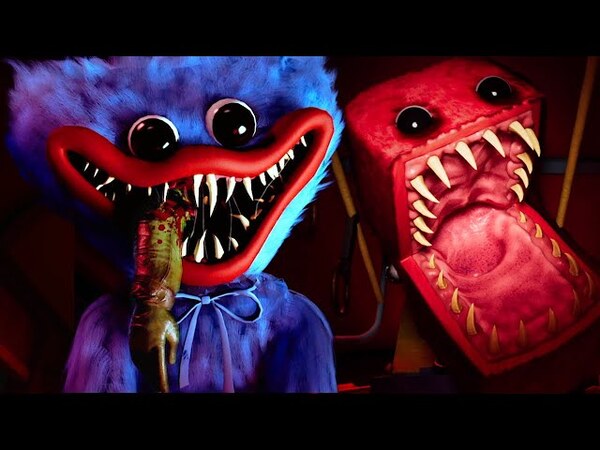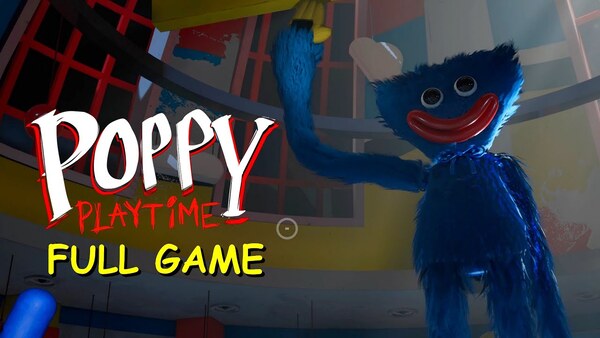
Poppy Playtime
All trademarks belong to their respective owners.
Advertisement
Popular Now
Introduction
Poppy Playtime, a horror-puzzle game, has captivated many with its chilling atmosphere and eerie toy-based creatures. However, its dark narrative and unsettling themes raise concerns about its psychological impact, especially on younger players. This article explores these issues, focusing on how the game manipulates childhood innocence, induces fear, and affects emotional well-being.
1. The Dark Narrative of Poppy Playtime
Poppy Playtime's story revolves around an abandoned toy factory where toys come to life as terrifying monsters. The game subverts childhood innocence by transforming friendly playthings into deadly threats, creating an unsettling experience for players.2. The Psychological Impact of Horror Elements
The game relies on both jump scares and psychological horror to induce fear. While it excites players with quick frights, the lasting psychological effects, especially on children, can include heightened anxiety and nightmares.3. Manipulating Childhood Innocence
 Toys, typically associated with comfort and safety, are turned into monstrous entities in Poppy Playtime. This inversion of childhood security can disturb young players, causing confusion and fear as familiar objects are redefined as dangers.
Toys, typically associated with comfort and safety, are turned into monstrous entities in Poppy Playtime. This inversion of childhood security can disturb young players, causing confusion and fear as familiar objects are redefined as dangers.
4. Puzzles and Problem-Solving Under Pressure
While solving puzzles is a key aspect, doing so under the constant threat of attack adds stress. This combination of mental challenge and fear creates an intense emotional experience, potentially leading to anxiety and fatigue.5. Sound and Visuals: Building Fear
The game’s unsettling sound design and dark visuals contribute significantly to the atmosphere. Creepy sounds, dim lighting, and grotesque toy designs keep players in a constant state of unease.6. Jump Scares vs. Psychological Horror
 While jump scares provide immediate fright, psychological horror through atmosphere and gradual tension-building has a more lasting impact. Poppy Playtime uses both methods, but the latter creates deeper unease.
While jump scares provide immediate fright, psychological horror through atmosphere and gradual tension-building has a more lasting impact. Poppy Playtime uses both methods, but the latter creates deeper unease.
















